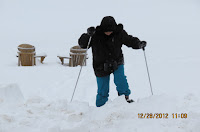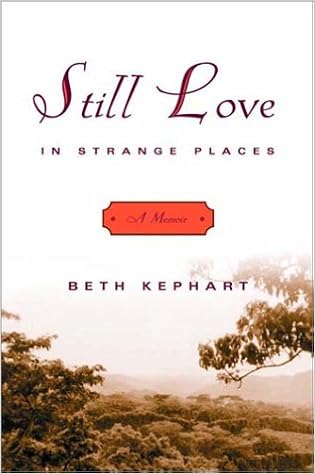Hello and welcome everyone, to Adventures in Writing. Thank you so much for visiting. I hope you find my blog helpful and interesting.
I'm trying C. Lee McKenzie's blog hop for the first time and hope I do it correctly. I decided to look at two famous quotes from Eleanor Roosevelt because I think they can be of use to writers.
I'm trying C. Lee McKenzie's blog hop for the first time and hope I do it correctly. I decided to look at two famous quotes from Eleanor Roosevelt because I think they can be of use to writers.
Eleanor Roosevelt said, “No one can make you feel inferior without your consent.”
Sometimes when writers send their manuscripts out for critique or to be published, they can feel inferior when they receive negative comments or rejection letters.
Notice I didn't say I feel crushed, although sometimes I do. I try to rise above a feeling of inferiority to allow the comments or rejection to sink in, to notice if the comments pertain to the story I'm trying to tell, to see what revision needs to be accomplished to move from the rejection pile into the publishable pile.
Another nugget of wisdom I've gleaned from Eleanor was to “Do one thing every day that scares you.”
Okay, so maybe I can't do something scary every day, but maybe most days I try to stretch out of myself and submit my manuscripts, hoping not to feel inferior if negative comments come in. I try to learn from every instance.
Do I succeed? ...Mmmm, sometimes.
But this leads to my own personal quote for writers:
Don’t let a blizzard of activity keep you from writing.
 |
| The things I do to be alone to write. I got all the way out to the chairs and forgot my computer. Can you believe it? |
Fellow writers, this means cast out your manuscript into the sea of publishing to see if you can catch a contract.
All the best, in 2016!
This is a Blog Hop!
1.
| ||
4.
| ||
7.
|
9.
| |
10.
| ||
18.
| ||
19.
| ||
22.
|
23.
|
You are next... Click here to enter
This list will close in 8 days, 5 hrs, 54 min (2/29/2016 11:59 PM North America - Eastern Standard Time)
What is a blog hop?
Get the code here...







